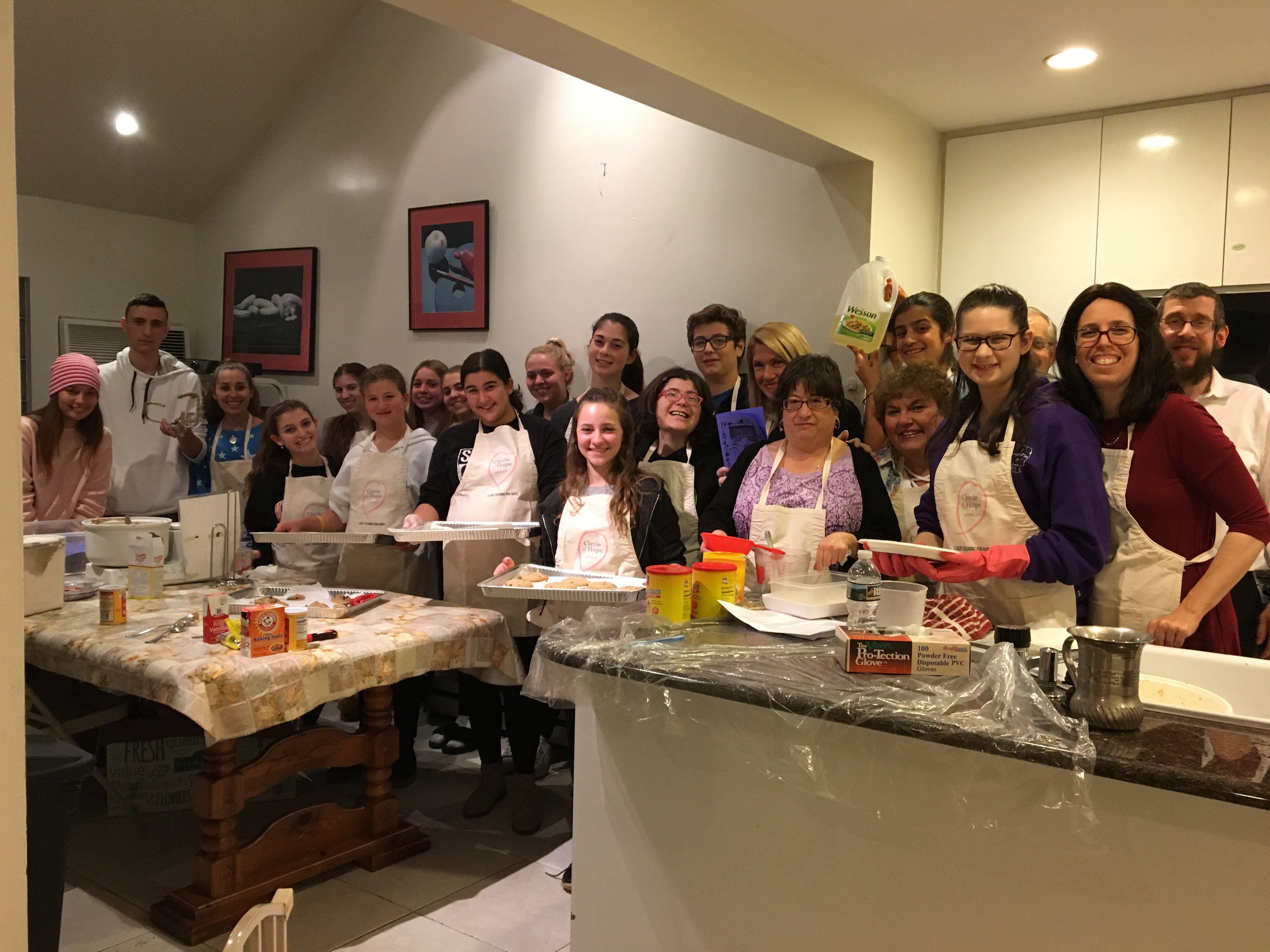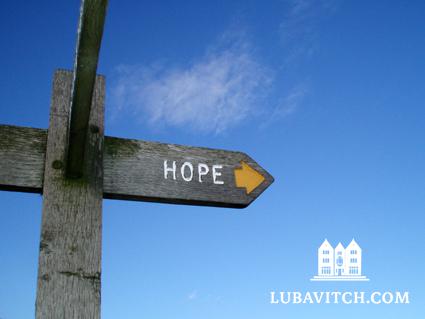When Cindy Knoll was diagnosed with breast cancer at 31, her youngest had just celebrated her first birthday. Her husband and family kicked in to care for her, and Cindy credits her survival to the tremendous support she received. But not everyone has a system that heals and cares and does the dishes.
Sixteen years after beating cancer, Knoll is working to change that. In 2012, together with Lisa Fessler, a friend and fellow survivor, Knoll founded the Circle of Hope. Based at the Chabad Center for Jewish Life in Merrick, Long Island, the Circle offers support groups, financial backing, home cooked meals, and a shoulder to cry on.
“Cindy and Lisa experienced cancer, survived cancer: they know what other women really need,” says Chanie Kramer, Chabad’s representative to this New York City suburb with her husband Rabbi Shimon. “Not everyone has a family to lean on. But everyone needs someone to support them.”
The Circle’s central program is a free weekly support group that meets in a luxurious living room-like setting at the Chabad center. Participants include women with cancer and a specially trained social worker. Sessions include discussions on diagnoses, treatment options, and side effects. They also offer something less tangible: hope.
David Stayer’s wife Lori was diagnosed with ovarian cancer four years ago. She didn’t want people to know of her diagnosis. “But I talked her into going to the support group,” says the retired social worker, “and in the end she was more comfortable talking with those women than with her doctors. At the hospital, it was in for chemo and back home. But she needed that chance to talk and relax and feel comfortable.”
Lori passed away in April of 2014, but the Circle of Hope still provides support for her widower. Stayer, who was born blind, was recently diagnosed with cancer himself. Volunteers visit him to assist with meal preparation and reading the mail. They are also a source of friendship—mutual friendship. “I show people that when someone is sick or disabled, it doesn’t mean that their life isn’t fulfilling. My blindness helped me be strong through life and get through its challenges.”
The meal program Stayer enjoys, Cooking for Hope, is a popular facet of the Circle. Each month a group of local teens gather in Kramer’s small kitchen to prepare home-cooked, nutritious meals for distribution. “I was bringing someone hot food before a holiday a few years ago when I thought to myself, wouldn’t it be amazing to have a freezer stocked with meals?” Meals, like salmon teriyaki with rice and broccoli or lemon herb chicken and sides are prepared by the teens and then frozen. Once a week, volunteers make deliveries to dozens of patients and their families, serving love alongside dinner.
“Anyone can buy takeout,” Kramer says, “but it’s very hard to live on it. A home cooked meal is healthy, it’s wholesome, and it shows that someone cares.”
Knoll, who co-founded the Circle, focuses on fundraising and the Wig Bank. She encourages fellow survivors, whose hair has grown back, to donate their expensive coifs. Local salons service the wigs for free, offering cuts and styling to their new owners. A local makeup artist offers lessons on eyebrow and eyelash application as well as free makeovers.
Being so involved, in many ways, closes the circle for Knoll.
“I was so nervous when I was diagnosed. I had a young family, I didn’t want to die,” she recalls. “But thank G-d, with early detection, it’s often treatable these days and it isn’t always a death sentence. I tell people that it’s a bump on the road, but you’re going to be okay. Because we’re here for you.”
 Teenagers work with women to cook for cancer patients.
Teenagers work with women to cook for cancer patients.

Be the first to write a comment.